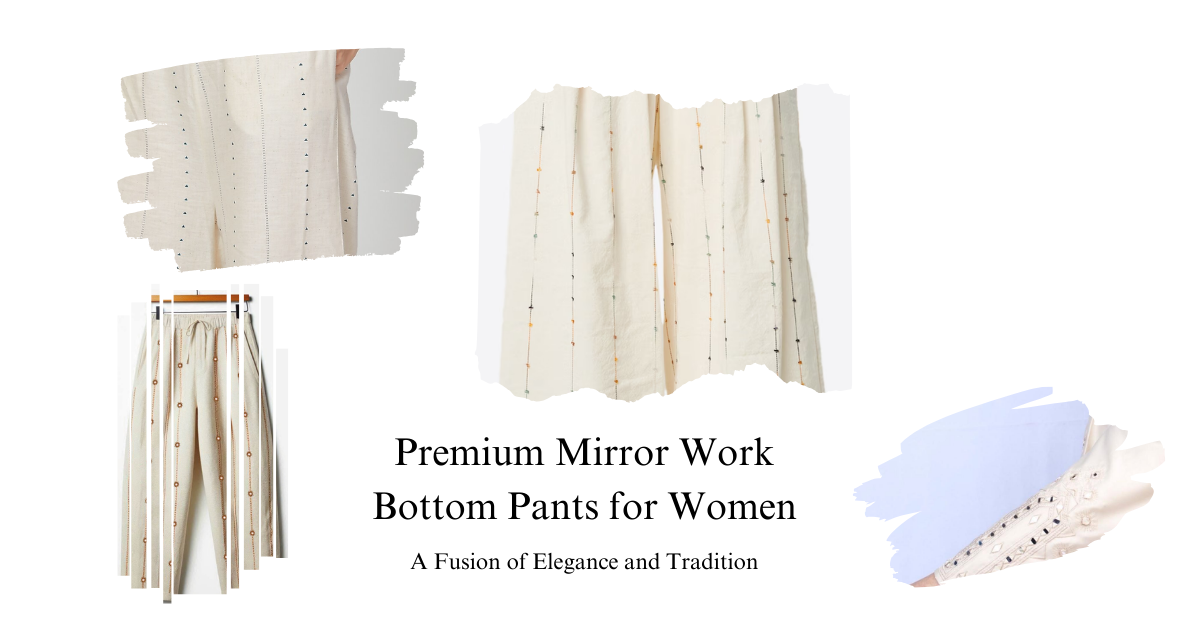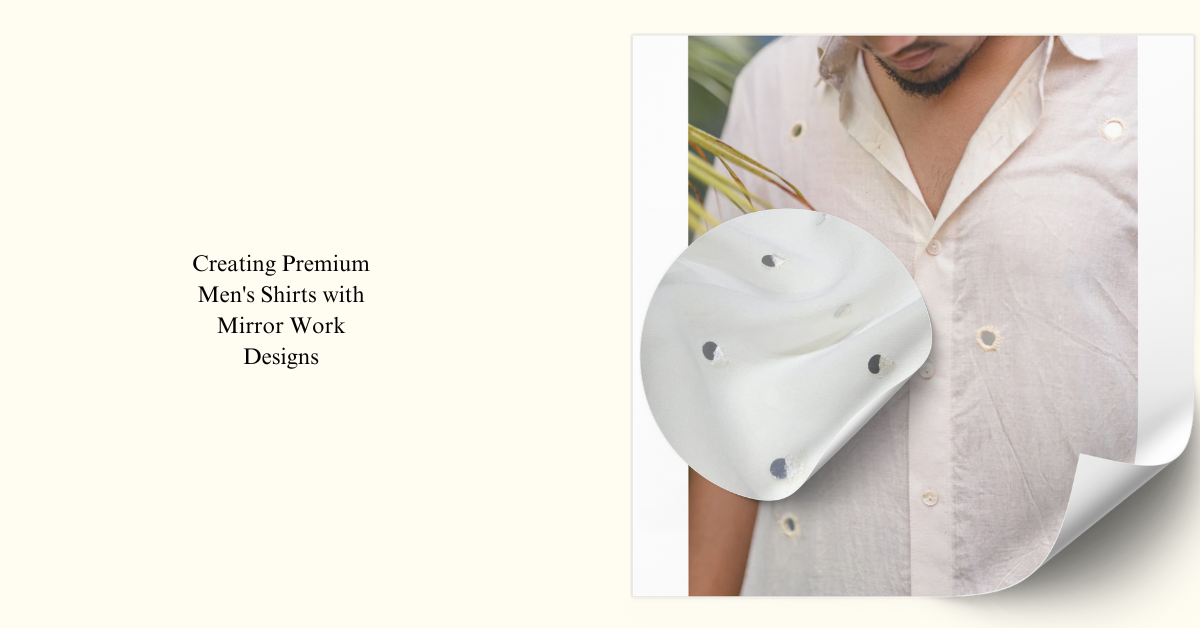Empowering Women’s Health: The Urgency of HPV Vaccination in India: In a bid to combat the alarming rates of cervical cancer in India, health experts are emphasizing the crucial role of the Human Papillomavirus (HPV) vaccine.
With cervical cancer being the second most prevalent cancer in the country, causing over 77,000 deaths annually, the need for awareness and accessibility to the HPV vaccine has never been more critical.
Saloni Trivedi, a Communication Specialist, recently shared her journey of discovering the significance of the HPV vaccine after learning about a prominent Indian politician’s battle with cervical cancer. Dr Puja Sharma, Senior Consultant Obstetrics and Gynaecology, stressed that cervical cancer is primarily caused by persistent HPV infection, a common sexually transmitted infection.
Empowering Women’s Health: The Urgency of HPV Vaccination in India
Trivedi’s delayed decision to get vaccinated sheds light on the existing challenges. She noted the lack of guidance and prevalent stigmas around the vaccine, highlighting the importance of awareness campaigns and open dialogue within communities.

HPV, a group of more than 200 related viruses, includes high-risk types responsible for the majority of cervical cancers. According to the Rajiv Gandhi Cancer Institute and Research Centre, HPV types 16 and 18 contribute to 73% of cervical cancers globally, and 80-85% of cases in India.
The HPV vaccine, most effective before sexual activity begins, stimulates the immune system to produce antibodies against the virus. Dr Kumardeep Dutta Choudhury emphasized the vaccine’s role in preventing infection and subsequent cervical cancer development.
In India, two prominent vaccines, Gardasil 9 and Cervavac, have been available since 2008 and 2003, respectively. Dr Sharma highlighted that the vaccination process involves two or three doses, starting as early as nine years old.
Despite its potential to save lives, misinformation, stigma, and healthcare disparities hinder HPV vaccine awareness. According to the National Family Health Survey (NFHS 5), less than 1% of Indian girls are currently vaccinated against HPV, reflecting the need for urgent action.
Financial constraints and accessibility issues further exacerbate the problem, with some women unable to afford the vaccine. Efforts are underway to make the vaccine more accessible, as the Serum Institute of India offers a low-cost alternative, potentially increasing vaccine intake.

Addressing these challenges requires a multi-faceted approach, including targeted education campaigns, media engagement, and community outreach programs. Dr Shweta Mendiratta, a Senior Consultant at Amrita Hospital, stressed the importance of dismantling barriers through collective efforts, including campaigns, celebrity endorsements, and affordable options.
The government’s initiative to introduce the HPV vaccine in the Universal Immunisation Programme (UIP) for 9-14-year-old adolescent girls is a step in the right direction. Conducting awareness campaigns in schools and communities, coupled with increased media engagement and parental involvement, could significantly reduce the burden of cervical cancer in the country, according to Dr Joy.

As the nation grapples with the impact of cervical cancer, the urgency to decode the HPV vaccine becomes paramount, offering hope for a healthier future for women in India.
FAQ
1. What is the significance of the HPV vaccine in preventing cervical cancer in India?
The HPV vaccine plays a crucial role in preventing cervical cancer, the second most common cancer in India, responsible for over 77,000 deaths annually. Cervical cancer is primarily caused by persistent HPV infection, making vaccination a pivotal preventive measure. Dr Puja Sharma, a Senior Consultant Obstetrics and Gynaecology, emphasizes that the vaccine is most effective when administered before a person becomes sexually active and exposed to the virus.
2. Why did Saloni Trivedi delay getting the HPV vaccine, and what challenges did she face?
Saloni Trivedi, a Communication Specialist, delayed getting the HPV vaccine due to a lack of guidance and prevalent stigmas around it. Her experience highlights the existing challenges in awareness and the need for open dialogue within communities. Trivedi’s delayed decision sheds light on the importance of addressing misinformation and destigmatizing the vaccine.
3. What are the early signs of cervical cancer, and why are routine screenings crucial?
Early signs of cervical cancer include abnormal vaginal bleeding, pelvic pain, and pain during intercourse. Dr Puja Sharma suggests that routine screenings, such as Pap smears and HPV tests, are vital for early detection, recommended around the age of 21 or as advised by doctors.
4. How effective is the HPV vaccine, and what are the potential side effects?
Dr Kumardeep Dutta Choudhury, a Senior Consultant in Medical Oncology, explains that the HPV vaccine stimulates the immune system to produce antibodies against HPV, preventing infection and the subsequent development of cervical cancer. While serious side effects are rare, mild ones, including pain at the injection site, fever, and nausea, may occur.
5. What types of HPV does the vaccine target, and how prevalent are these in cervical cancers?
The vaccine targets high-risk HPV types, with HPV 16 and HPV 18 being major contributors to cervical cancers globally, accounting for 80-85% of cases in India. Understanding the prevalence of these types underscores the vaccine’s significance in preventing a significant percentage of cervical cancer cases.
6. How accessible are HPV vaccines in India, and what factors hinder women from getting vaccinated?
Financial constraints and accessibility issues hinder HPV vaccine accessibility for many women in India. According to the National Family Health Survey (NFHS 5), less than 1% of Indian girls are currently vaccinated against HPV. Women like 24-year-old Kashish Sharma highlight the barriers, citing the high cost of the vaccine as a limiting factor.
7. What are the available HPV vaccines in India, and how are they administered?
Two prominent HPV vaccines in India are Gardasil 9 and Cervavac. Dr Puja Sharma notes that the vaccination process involves two or three doses, starting as early as nine years old. The availability of different vaccines provides options for individuals, contributing to the overall preventive effort.
8. What initiatives has the Indian government taken to promote HPV vaccination?
The government has recognized the urgency of addressing cervical cancer and has recommended the introduction of the HPV vaccine in the Universal Immunisation Programme (UIP) for 9-14-year-old girls. This initiative aims to increase vaccine accessibility through schools and community outreach programs.
9. How can awareness campaigns and community engagement contribute to overcoming barriers to HPV vaccination in India?
Experts like Dr Shweta Mendiratta stress the importance of collective efforts, including campaigns, celebrity endorsements, and affordable options, to dismantle barriers and encourage dialogue around HPV vaccination. Increasing media engagement, targeted education campaigns, and parental involvement can significantly contribute to reducing the burden of cervical cancer in the country.






